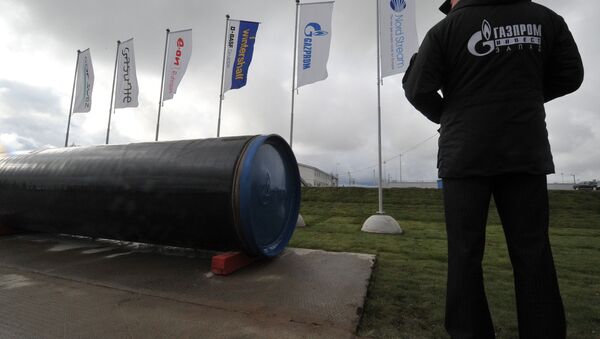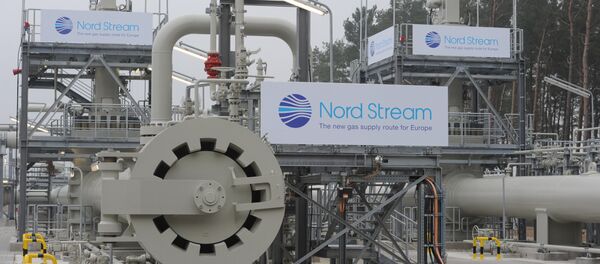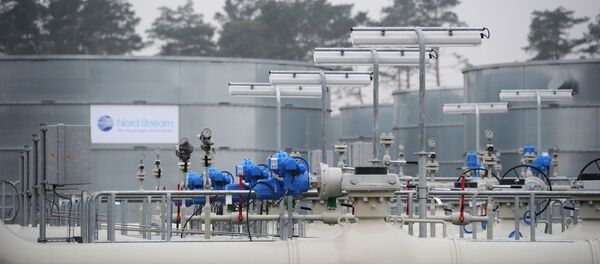"As for the implementation of projects like Nord Stream 2, it is based on a clear set of established laws, following the rule of law. The authorities of the countries under whose jurisdiction the project falls (FI, SE, DK, DE, RU) will ensure full compliance with applicable EU law, national legislation and international conventions," Markela Dedopoulos said, speaking about political considerations in Denmark regarding the participation in the project.
She added that Nord Stream was expected to comply with all applicable laws, including the European Union's Environmental Impact Assessment Directive and Convention on environmental impact assessment in a trans-boundary context.
While some EU member states, such as Poland and Lithuania, are opposed to the northern gas pipeline due to concerns over increased energy dependence on Russia, Germany reaffirmed its interest in the project in late 2015, saying that it would bring more benefits for EU members and provide energy safety and security to the 28-nation bloc.
Denmark, which economic zone is crossed by the pipeline, is expected to officially join the gas pipeline project in 2017.




